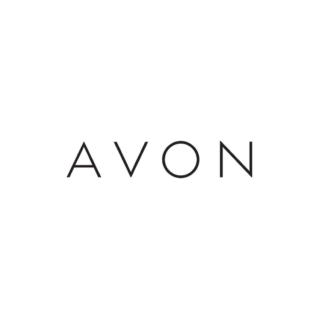The Federal Trade Commission (FTC) issued a letter to the Direct Selling Association (DSA) to restate its position on the interpretation of the Koscot test. The letter was sent by Lois Greisman, Associate Director, who expressed concern about a 2004 FTC letter that addressed the commission’s stance on compensation based on personal consumption.
Greisman stated that the current federal staff believes the commission’s position in the 2004 letter has been “repeatedly misinterpreted to assert a primary source test for determining whether a company operates an illegal pyramid scheme,” including the assumption that if more than 50% of a company’s revenue is generated by sales of products or services to end users, the company is not a pyramid scheme.
Instead, the letter insists that a “primary source test” does not exist, citing the Koscot and Vemma trials to say that the courts will look at whether or not a company’s compensation plan incentivizes recruiting with rewards and whether or not participants purchase or consume products in order to qualify for incentives to determine evidence of a pyramid scheme.
The FTC also sent a letter to the Direct Selling Self-Regulatory Council (DSSRC) raising concern about the program’s guidance about income disclosure statements, saying all costs must be tracked, even though individual sellers determine costs about how to build their own businesses.
Industry analysts believe the letters are an effort by the commission to reframe the Koscot test as it prepares for future litigation.


